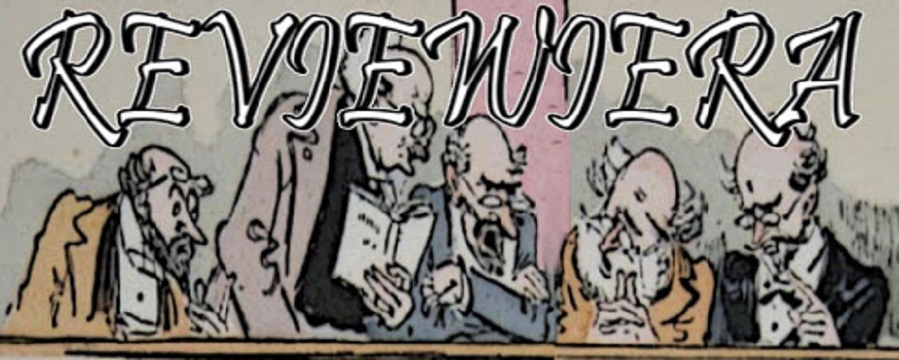Fucked Up has since spring of 2010 figured to me as something like COMPLETELY UNSTOPPABLE FORCE OF MUSICAL GREATNESS. I started with a copy of Epics in Minutes that didn't work for me, much, but Hidden World and Chemistry of Common Life thrilled me: loud pounding rock with big hooks, mysterious lyrics that touch on all my favorite themes, a cool visual identity with a sigil symbolizing the band, consistent album covers, weird names for the band members—basically, Fucked Up was a Blue Őyster Cult for people who wanted easier music and a more complicated relationship with the spectacle. Naturally, I was completely invited and fulfilled by all this: the powerful music and the thoughtful packaging.
When David Comes to Life came out, it brought all of the above, plus songs I knew instantly, production that buckled my knees, and that strange magic of chords / melody that puts tears in my eyes involuntarily. (See also: Dead Moon (frequently); Andrew Cashen / Sabrina Ellis (occasionally); a few others (extremely rarely).) It was, and is, one of the great rock records. The band had perfected its moves: speed, shouting, fast repetition.
Then, they got weird. They'd been doing long-song EP releases, based on the Chinese Zodiac (no, really), in which they moved away from their mastery of short/simple rock songs with punk vocals, and began experimenting with overwhelming with scale, not just volume. I started with Year of the Pig, an 18-minute tune with essentially one part, played loud, played soft, played over and over again. The sheer size of the song gave the band a new kind of intensity, ebbing and flowing, not just hitting it and quitting it, and the rhythm almost ... swung. To put it a slightly different way, Fucked Up here stopped being BŐC and started being Hawkwind. And it was very, very good.
They were adding new tricks: length, droning, quietness, new instrumentation, playing slow. Year of the Hare consolidated those new tricks, at least on the B-side, "California Cold"; on the A-side, they took a long, coherent song and gave it the William Burroughs random-cut-up-and-shuffle-and-reassemble treatment, for no reason I have been able to understand. When I can piece together the actual song behind this treatment, it appears to be about as good as Pig.
Then, they ran out of songs: Glass Boys just never clicked with me. When it's playing, it seems fine, and I have convinced myself half a dozen times that the songs were finally sticking in my head, but it never lasts. Then, they ran out of tricks: This Mother Forever is the same thing as Hare, a good/great song (more of the same) occluded by production / presentation moves like "let's not start the song for the first minute-fifteen of its fifteen-minute runtime" and "let's fade it out about 45 seconds before it actually ends". That said, the noodly guitar / feedback / soundscape that opens the song is atmospheric and pleasant; the louder groovy (again) psychedelic part that goes another 30 seconds is a lot of fun; and when the vocals kick in at around 5:45 ...
The band clearly needs the listener to take seriously its attempts at inversion and appropriation, trying to make you think about gender roles and the standard voice heard in a song.
I am the feather
and you are the breeze
I am the lock
and you are the keys
The end of the rope
with all ties severed
you are my hope
this mother forever
I am the dung
and you are the beetle
I am the thread
you are the needle
...
But there's two problems. First, Fucked Up appears to have written the same lyrics about a half-dozen times, so these lines feel pretty familiar. Second, this time around, the alchemical themes and revolutionary fervor just completely fall flat, due mostly to a chanted vocal that keeps resolving into the exact cadence of the nursery rhyme that runs
Here is the church
Here is the steeple
Open it up
And see all the people
In any case, it's new Fucked Up, and I'd rather have new Fucked Up than not have Fucked Up. I've listened to it a dozen times, and I'll listen to it dozens more. I hope their thematic repetitiveness eases up in the way their musical repetitiveness has, and I hope their musical boredom moves past the cut-up technique soon. Until then, I'll keep listening to this.
There's a B-side: it's 30 minutes long, and "features Nunavut singer Tanya Tagaq", and it mostly taught me I don't like throat singing, so I haven't played it after the first run-through.


